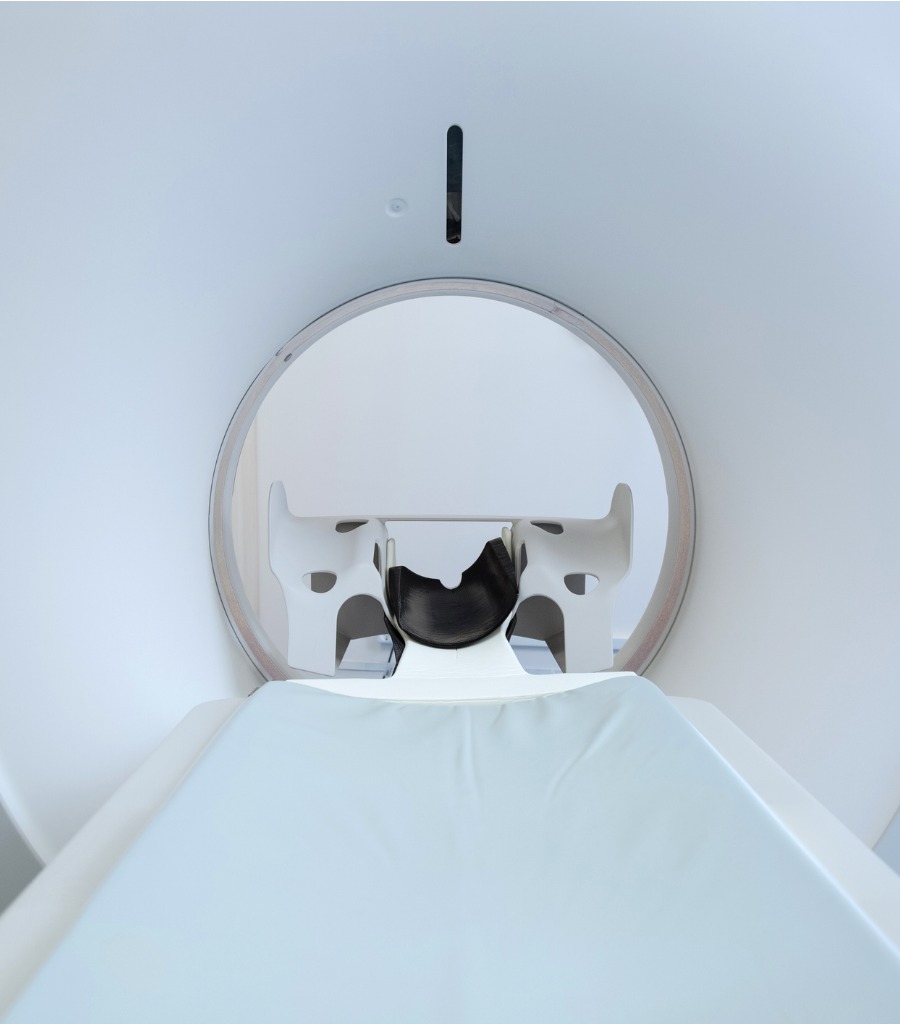Brain tumor surgery
Brain tumor surgery is done to remove brain tumour, primary or secondary. In most cases, brain tumor is removed via the craniotomy procedure. In craniotomy, a lesion/tumor in the brain is removed by making an opening in the cranium (skull).
Why is it needed?
This surgery is prescribed to treat brain tumor symptoms. The symptoms and signs are specific to the tumor location, spread, swelling and size.


